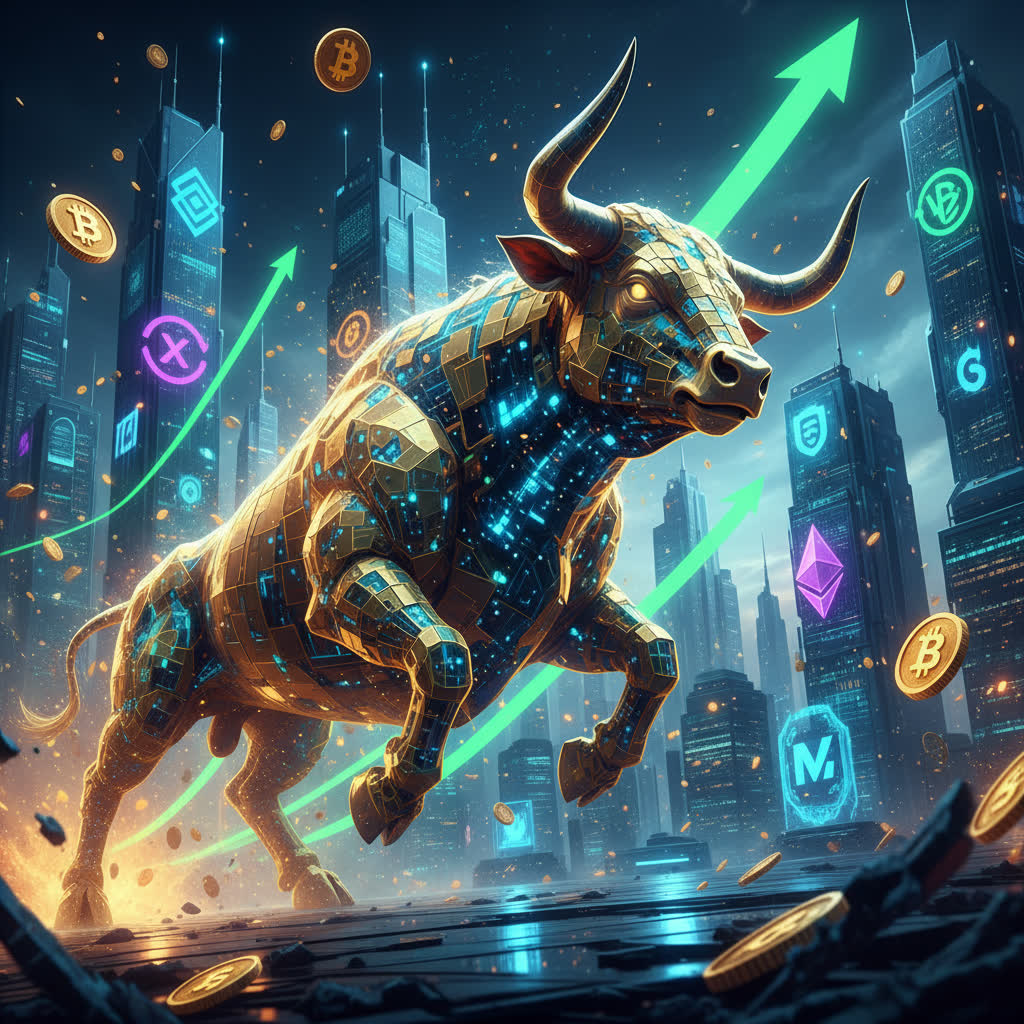In recent months, the South American nation of Venezuela has seen a marked uptick in the use of stablecoins—cryptocurrencies pegged to stable assets such as the U.S. dollar—as economic pressures intensify amid war-threats and sanctions. According to reports, Venezuelans are increasingly turning to digital dollar-based assets like Tether (USDT) in a bid to protect wealth from hyper-inflation, scarcity of foreign currency, and geopolitical risk.
Economic and Geopolitical Backdrop
Venezuela’s economy has long been under strain. Sky-high inflation, devaluation of the domestic currency, and heavy U.S. sanctions have all contributed to an environment where holding value is difficult. Against this backdrop, the threat of military escalation—such as recent U.S. carrier deployment to the Caribbean amid tensions over anti-drug operations—has further stoked economic uncertainty.
Under such conditions, stablecoins provide several potential advantages: they offer a more reliable store of value relative to the collapsing bolívar, facilitate cross-border transactions when traditional banking is constrained, and serve as a hedge against the erosion of purchasing power.
Use of Stablecoins by Individuals and the State
On the individual level, many Venezuelans now rely on stablecoins to preserve their savings in a way that the local currency cannot. The article reports that stablecoin holdings may account for up to half of the legal foreign‐currency assets in the country, suggesting a significant shift in behavior.
Meanwhile, the Venezuelan government has also reportedly used stablecoins in international trade. For example, there are indications of oil transactions with partner countries being settled, in part, via digital dollar-backed tokens. This highlights how stablecoins are being incorporated not just at the consumer level but also into institutional and sovereign financial flows.
Data Snapshot and Regional Context
According to data from Chainalysis, Venezuela ranked fourth in Latin America in terms of cryptocurrency transaction volume, reaching about USD 44.6 billion. At the same time, some eight million Venezuelans are estimated to have emigrated since 2013, leaving many of those who remain relying on crypto solutions to navigate economic hardship.
Why This Trend Matters
-
Inflation hedge: In a country where inflation reaches triple digits, stablecoins offer relative stability.
-
Currency substitution: With the bolívar losing purchasing power and USD access limited, stablecoins serve as a quasi-dollar alternative.
-
Sanctions evasion / financial inclusion: Stablecoins offer a way—though contested—for transactions when conventional banking is restricted or under heavy oversight.
-
Geopolitical risk: War threats and geopolitical instability increase the incentive to hold assets that are less tied to domestic risk.
Risks and Considerations
While stablecoins can bring benefits under stress, they also carry risks:
-
Regulatory uncertainty: Governments may impose restrictions or bans on crypto usage.
-
Counterparty & technology risk: The stability of token issuers, platform security, and the risk of depegging remain relevant.
-
Sanctions exposure: If used to circumvent sanctions, holdings may be subject to enforcement action.
-
Access & usability: Tech literacy, internet access, and exchange liquidity may limit real‐world use for many Venezuelans.
Looking Ahead
As the Venezuelan situation evolves, so will the role of stablecoins. If inflation remains unchecked and economic sanctions persist, the role of digital dollar-pegged assets may deepen. On the flip side, should policy shifts occur—such as financial liberalisation or currency reforms—the urgency driving this adoption may moderate.
In the global context, Venezuela’s case acts as a telling example of how non-traditional financial instruments like stablecoins are becoming toolkits for nations and citizens under extreme economic and political strain. Monitoring how local regulators and international agencies respond will be key.
Ready to start your cryptocurrency journey?
If you’re interested in exploring the world of crypto trading, here are some trusted platforms where you can create an account:
- Binance – The world’s largest cryptocurrency exchange by volume.
- Bybit – A top choice for derivatives trading with an intuitive interface.
- OKX – A comprehensive platform featuring spot, futures, DeFi, and a powerful Web3 wallet.
- KuCoin – Known for its vast selection of altcoins and user-friendly mobile app.
These platforms offer innovative features and a secure environment for trading and learning about cryptocurrencies. Join today and start exploring the opportunities in this exciting space!

Join our crypto community for news, discussions, and market updates: CryptoBCC on Telegram.

Disclaimer: Always do your own research (DYOR) and ensure you understand the risks before making any financial decisions.




